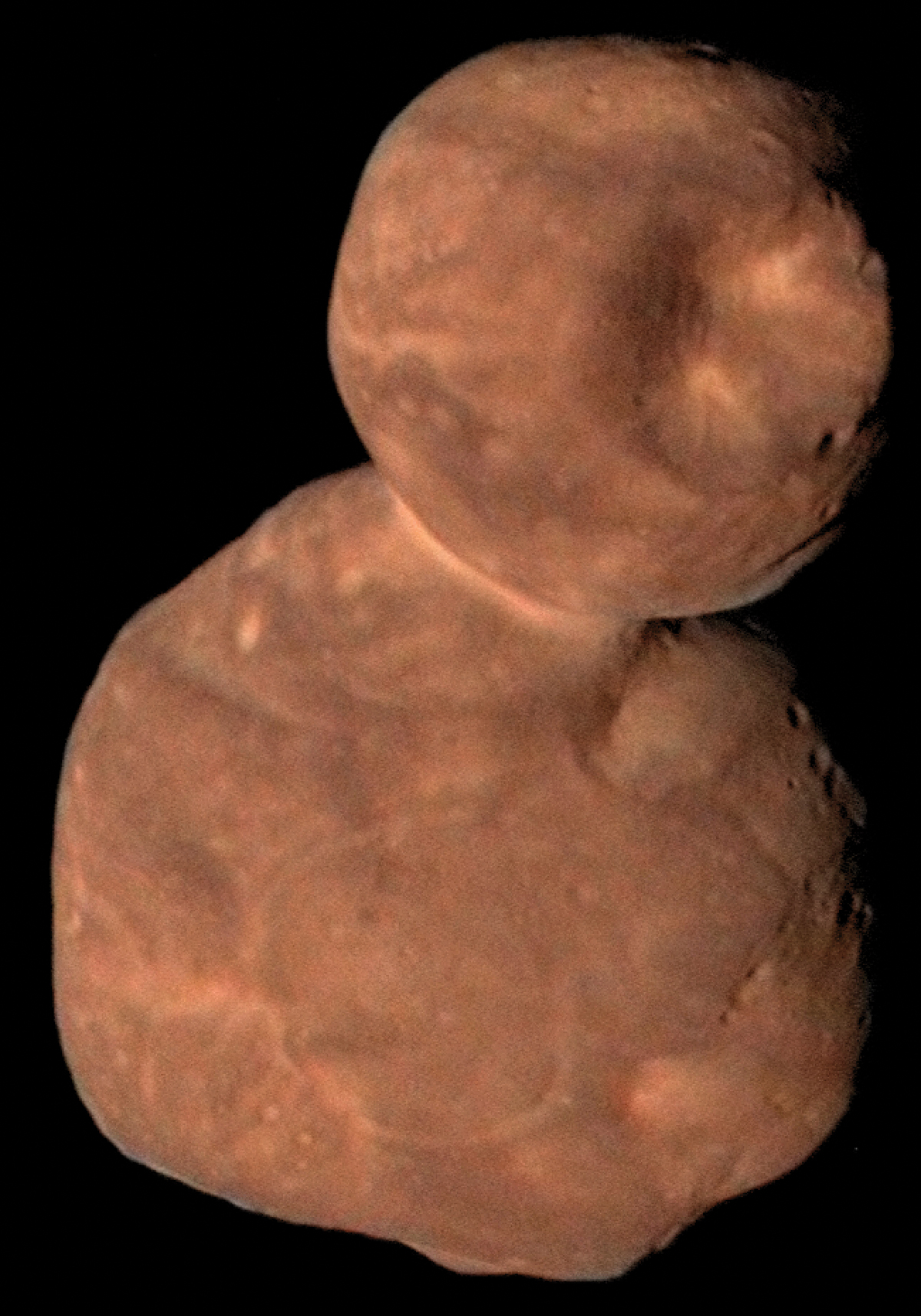Advertisement
Grab your lab coat. Let's get started
Welcome!
Welcome!
Create an account below to get 6 C&EN articles per month, receive newsletters and more - all free.
It seems this is your first time logging in online. Please enter the following information to continue.
As an ACS member you automatically get access to this site. All we need is few more details to create your reading experience.
Not you? Sign in with a different account.
Not you? Sign in with a different account.
ERROR 1
ERROR 1
ERROR 2
ERROR 2
ERROR 2
ERROR 2
ERROR 2
Password and Confirm password must match.
If you have an ACS member number, please enter it here so we can link this account to your membership. (optional)
ERROR 2
ACS values your privacy. By submitting your information, you are gaining access to C&EN and subscribing to our weekly newsletter. We use the information you provide to make your reading experience better, and we will never sell your data to third party members.
Physical Chemistry
U.S. Wins Gold In Chemistry Olympiad
Taiwan is big winner; U.S. has best showing since 2002
by Linda Wang
August 3, 2009
| A version of this story appeared in
Volume 87, Issue 31

Taiwan dominated the 41st International Chemistry Olympiad, held on July 18–27 in Cambridge, England. Taiwan's team won four gold medals, more than any other country.
The U.S. also put on a strong performance, with its four-member team earning a gold medal and three silver medals.
The international competition drew 250 high school students from 64 countries. The 164 medals that were awarded included 28 gold, 54 silver, and 82 bronze medals.
Ruibo Wang of China won the top gold medal; Assaf Mauda of Israel won the second highest gold medal; and Hung-I Yang of Taiwan won the third-ranking gold medal. China and Russia each garnered three gold medals and a silver medal. England earned four silver medals.
On the U.S. team were Nathan Benjamin of West Lafayette, Ind.; Colin Lu of Vestal, N.Y.; Brian Seifried of Dunwoody, Ga.; and Yixiao Wang of Westfield, N.J. They were accompanied by head mentor Linda J. Wood, a chemistry teacher at Lowndes High School, in Valdosta, Ga., and mentor John C. Kotz, an emeritus professor of chemistry at the State University of New York, Oneonta.
The U.S. team's performance is significant because the U.S. has not won a gold medal since the 2002 competition in Groningen, the Netherlands, Kotz says. "The fact that we got a gold medal this year shows that we're working hard on training our students, and the students are pushing themselves even further," he says.
Wang, who won the gold, says he owes his achievement to the rigorous preparation he received during the U.S. National Chemistry Olympiad study camp, held in June at the U.S. Air Force Academy, in Colorado Springs (C&EN, June 29, page 9). "All the skills we learned at camp were applied in the practical exam," Wang says. "That was well done on the part of the mentors."
Peter Wothers, chair of the 41st International Chemistry Olympiad, says the exam questions tested students' ability to think creatively. For example, in one of the laboratory experiments, students were asked to design a procedure for determining the critical micelle concentration of sodium n-dodecyl sulfate (SDS) by measuring the conductivity of different SDS concentrations.
"To be a good scientist, you need to be able to devise your own experiments," Wothers says. "When you start doing a Ph.D., it's all about doing your own research."
During the 10-day program, the students also participated in cultural activities in and around London, including visiting Westminster Abbey and playing medieval games at Belvoir Castle. Students stayed at the University of Cambridge, which is celebrating its 800th anniversary this year.
Every student, whether they won a medal or not, should feel like a winner, Seifried says. "If they don't, then they missed some of the experience."
Lu says that having a network of friends around the world who share his love for chemistry prepares him well for a career in science.
Benjamin agrees, saying that the relationships they created will remain long after the joy of winning a medal subsides.
The 42nd International Chemistry Olympiad will take place on July 19–28, 2010, in Tokyo (icho2010.org). The U.S. will host the 44th International Chemistry Olympiad in 2012 at the University of Maryland, just outside of Washington, D.C.




Join the conversation
Contact the reporter
Submit a Letter to the Editor for publication
Engage with us on Twitter